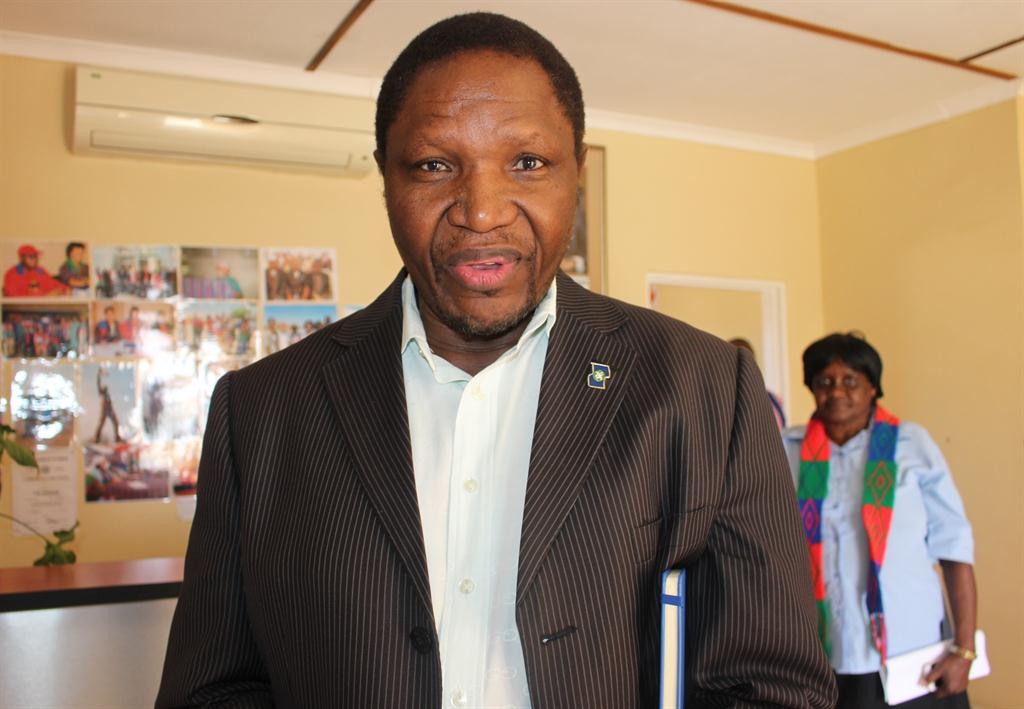TEHRAN – Iranian Nobel peace laureate, Shirin Ebadi, yesterday called on Iran and the United States to find a peaceful resolution to the stand-off, over Tehran’s nuclear programme, warning that military action would harm both countries’ people.
Ebadi, who won the peace prize in 2003 for her work advocating greater rights for women and children in Iran, spoke at the launching of a new anti-war group that she helped to create in hopes of averting an Iranian-US conflict. In recent days, as speculation has mounted that Israel might be considering a unilateral military strike on Iran’s nuclear facilities, prominent figures on all sides of the stand-off have issued threats and warnings.Calling for an end to the hostile exchanges, Ebadi said the issue should not be left only to politicians.”Decision-making about peace and war is not a restricted right of governments anymore.People also have the right to discuss it,” Ebadi said at the meeting of activists in northern Tehran.”We expect Iran and US to settle their disputes through negotiation.This is in the interests of both the Iranian and American people,” she said.Ebadi, who became one of Iran’s first female judges before the country’s Islamic Revolution, warned that economic sanctions would accelerate the flight of her country’s most educated and skilled professionals.Iran is already one of the countries that suffers most from such brain drain.Though the US says it favours a diplomatic solution, both it and Israel have refused to rule out the use of force.In 1981, an Israeli air attack destroyed an unfinished nuclear reactor in Iraq, while a strike on a suspected nuclear facility in Syria in September added to the concern that Israel is planning action against Iran.The European Union last month imposed new sanctions targeting the country’s largest bank, Bank Melli.Nampa-APIn recent days, as speculation has mounted that Israel might be considering a unilateral military strike on Iran’s nuclear facilities, prominent figures on all sides of the stand-off have issued threats and warnings.Calling for an end to the hostile exchanges, Ebadi said the issue should not be left only to politicians.”Decision-making about peace and war is not a restricted right of governments anymore.People also have the right to discuss it,” Ebadi said at the meeting of activists in northern Tehran.”We expect Iran and US to settle their disputes through negotiation.This is in the interests of both the Iranian and American people,” she said.Ebadi, who became one of Iran’s first female judges before the country’s Islamic Revolution, warned that economic sanctions would accelerate the flight of her country’s most educated and skilled professionals.Iran is already one of the countries that suffers most from such brain drain.Though the US says it favours a diplomatic solution, both it and Israel have refused to rule out the use of force.In 1981, an Israeli air attack destroyed an unfinished nuclear reactor in Iraq, while a strike on a suspected nuclear facility in Syria in September added to the concern that Israel is planning action against Iran.The European Union last month imposed new sanctions targeting the country’s largest bank, Bank Melli.Nampa-AP
Stay informed with The Namibian – your source for credible journalism. Get in-depth reporting and opinions for
only N$85 a month. Invest in journalism, invest in democracy –
Subscribe Now!










